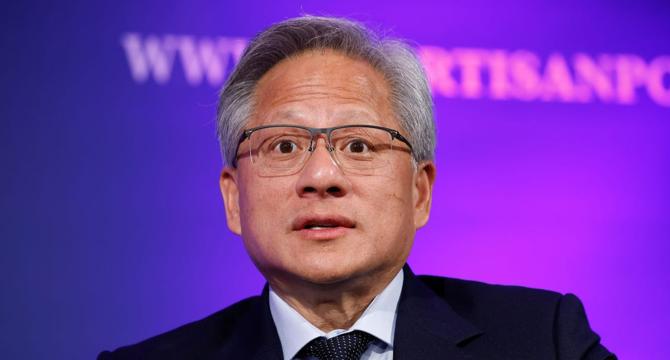Insider
1d
133

Image Credit: Insider
Chip startups are making these New Year's resolutions to take on Nvidia in 2025
- Nvidia currently dominates approximately 90% of the AI computing market but smaller companies are hoping to challenge that market hold in 2025.
- Inference is the computation needed to produce the response to a user's query or request, whereas the computing required to teach a model the knowledge to answer is called 'training'.
- Startups like Groq, SambaNova, and Positron are focusing on inference optimization in order to compete with Nvidia's dominance in the market.
- New post-training strategies for AI in 2025 may benefit all providers of inference chips according to CEO of Nvidia, Jensen Huang.
- Groq has resolved to execute, execute, execute to meet the demands of customer interest.
- SambaNova Systems aims to shift the industry rapidly toward real-time applications and plans to ensure its technology scales efficiently and sustainably as inference workloads continue to grow.
- Positron wants to deploy significantly more inference-specific compute in order to grow the adoption rate of 'chain of thoughts' and other inference-additional compute.
- Groq's CEO, Mark Heaps, hopes this year people will recognize 'novel advancements against incumbent technologies'
- SambaNova Systems CEO, Rodrigo Liang, would like to see the market move toward technologies that prioritize efficiency and sustainability to ensure AI can scale globally without overwhelming infrastructure.
- Positron CEO, Thomas Sohmers, wishes to encourage the use of new AI tools to help normal, everyday people.
Read Full Article
8 Likes
For uninterrupted reading, download the app